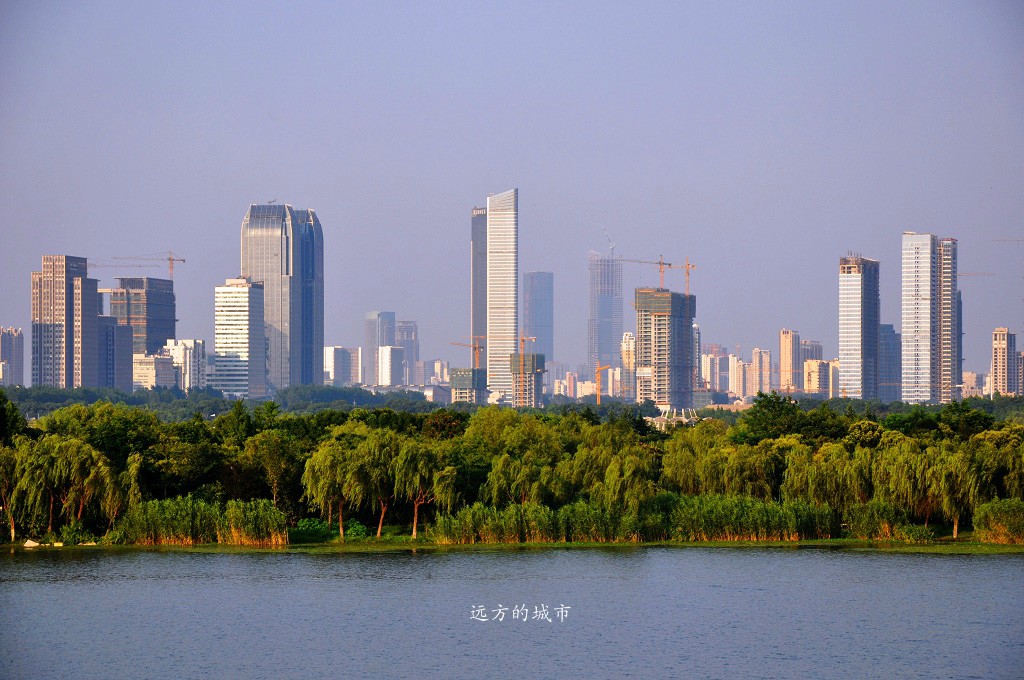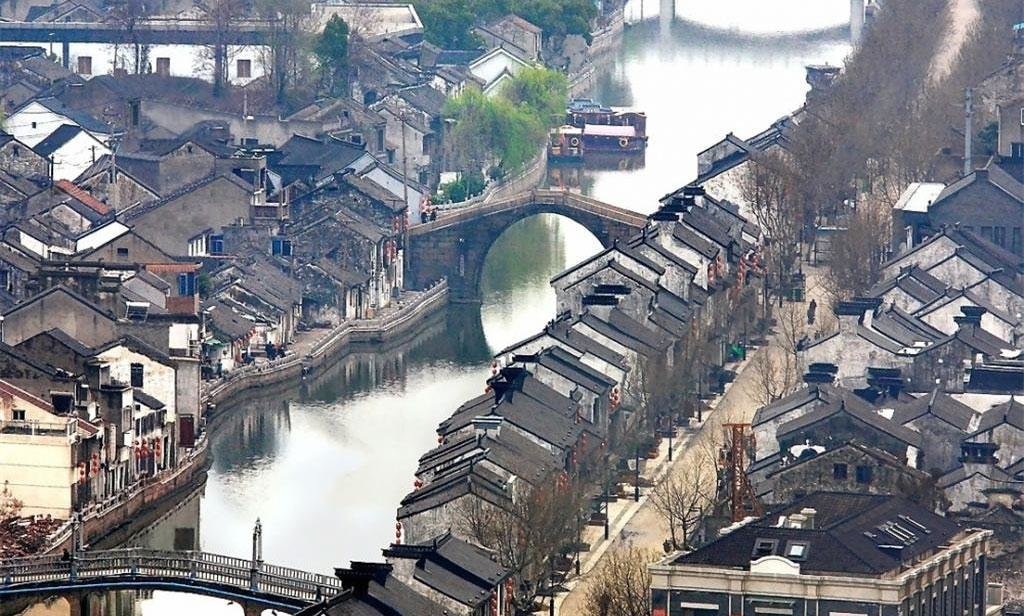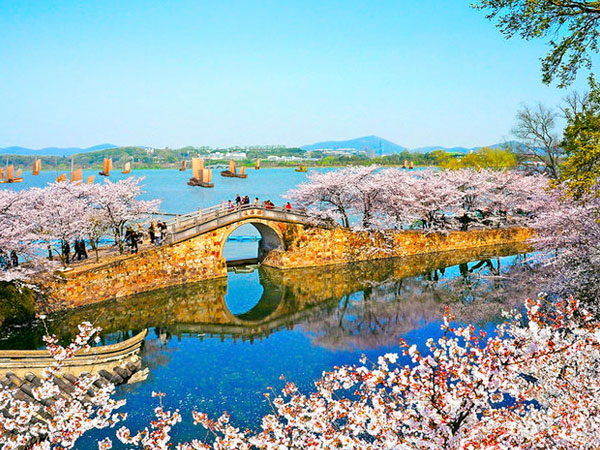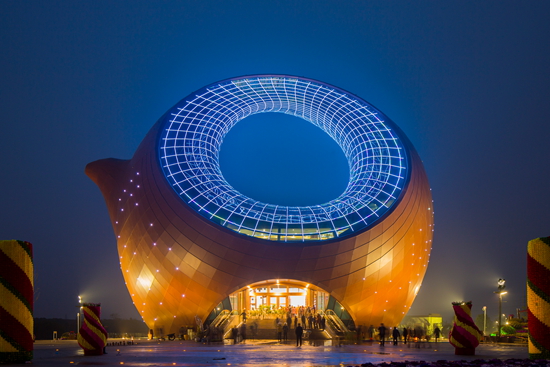Wuxi,Chinese: 无锡, is an old city in southern Jiangsu province, China. The city borders two other large cities, Changzhou to the west and Suzhou to the east, and borders Zhejiang Province as well in the south. It also covers a coastline of the Yangtze River in the north and two separate coasts of Lake Tai. Wuxi is well known for being one of the birthplaces of China's modern industry and commerce, as well as the hometown of many important businessmen who have played essential roles in building commerce in Shanghai since the early 20th century.
Etymology
The modern name consists of the Chinese characters, literally translated "no tin". According to a myth, at the time of the Warring States, soldiers were stationed in Xishan ("tin hill") within Wuxi. While burying a pot to prepare food, a soldier found a stone plaque engraved with the words "If there is tin there is an army, there will be conflict under heaven. If there is no tin (wuxi), there will be peace under heaven," which may be the origin of the name.
History
Wuxi is one of the southern birthplaces of Jiangnan civilization which started 2000 years ago. It was contorlled by many dynasties in Chinese history. Sunzi (Sun Tzu), who wrote the famous "The Art of War", came to Wuxi and helped the king with his military affairs. Wuxi was considered one of the seven strongest kingdoms during this period.
Between 1900 and 1940, Wuxi was considered one of the most important counties in China. It owned both light and heavy industries with high production, became the second richest after the captial city Nanjing. However, its developmental model has been criticized for the environmental deterioration caused. New strategies are now under consideration to ensure its sustainable development.
However, its developmental model has been criticized for the environmental deterioration caused. New strategies are now under consideration to ensure its sustainable development.
Geography
Split into halves by the most gorgeous Lake Taihu, Wuxi borders Changzhou to the west and Suzhou to the east. On an alluvial plain of deep sedimentary deposits cut between limestone foothills, the city is crisscrossed by older canals, rivers and lakes.
The city plan, as is typical of many older Chinese cities, is of a central city with a roughly circular plan, crisscrossed with older canals, the main canal still seeing heavy barge traffic.
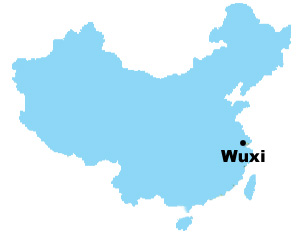
Climate
Wuxi is hot and humid in summer and chilly and damp in winter, with an average annual temperature of 18 °C (64 °F) and very occasional snow. Because of its proximity to the East China Sea, it has a monsoon season and receives 100 centimetres (39 inches) of rain annually.
Demographics
According to the 2010 Census, the prefecture-level of Wuxi has a population of 6,372,624, an increase of 1,192,777 from the 2000 census, giving it a population growth of 20.9% for the period 2000-2010.
